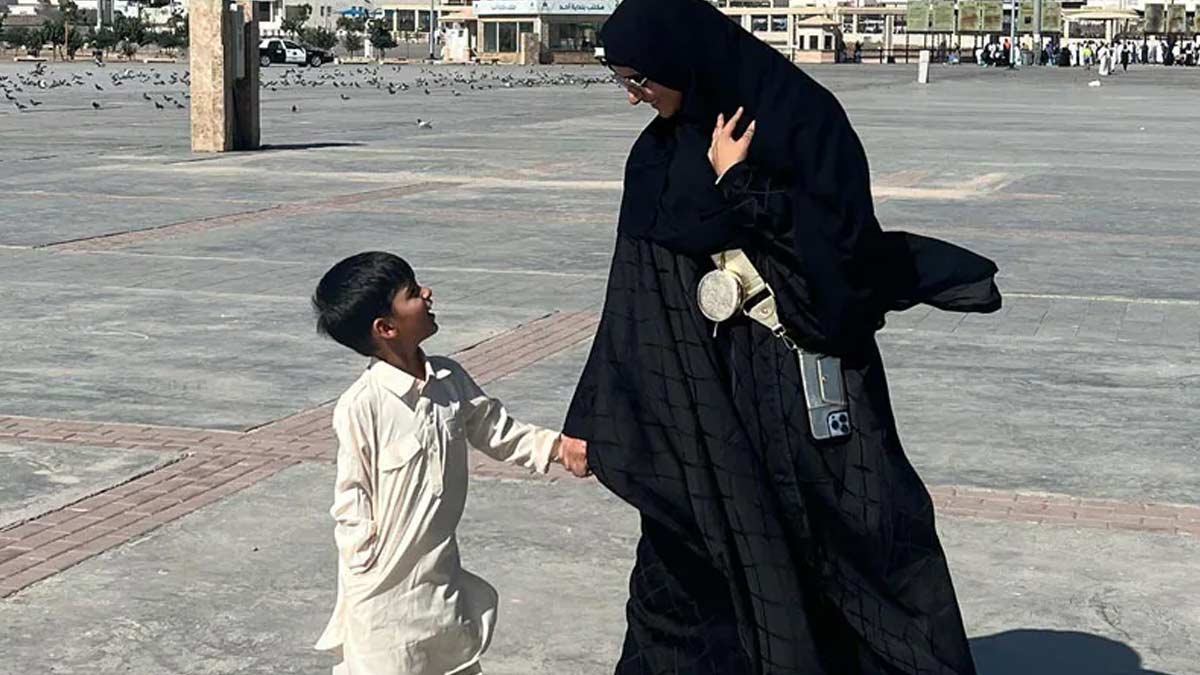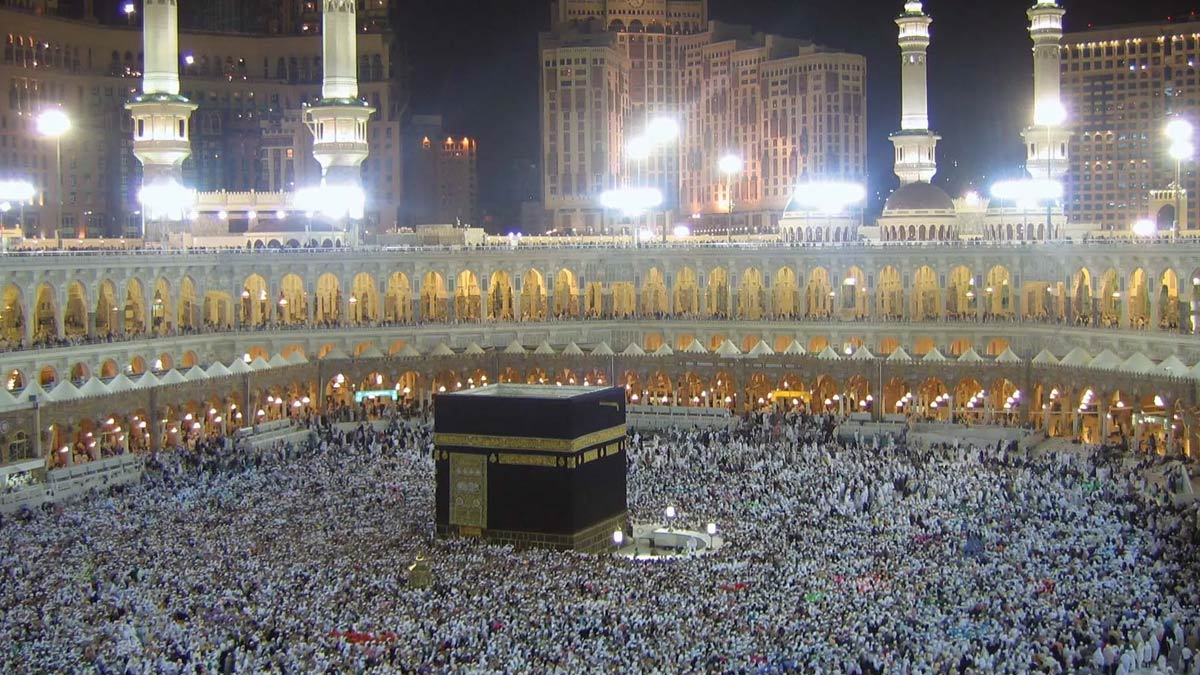
Sania Mirza, the celebrated former tennis player, is preparing for a significant spiritual journey as she embarks on the Hajj pilgrimage. Through a heartfelt announcement on social media, Mirza expressed her gratitude for this opportunity to seek redemption and spiritual renewal in the holy city of Mecca, Saudi Arabia. Her announcement reflects a deep sense of humility and a desire for personal transformation, hoping to return with a stronger sense of faith and a humble heart.
Table of Content:-
The Healing Power of Pilgrimage
The concept of pilgrimage extends beyond mere religious duty, often serving as a profound form of therapy for individuals seeking solace and rejuvenation. Pilgrimage combines physical, mental, and spiritual elements, offering a holistic approach to personal healing. Mirza’s journey to Mecca is an embodiment of this therapeutic pilgrimage, providing her a chance to detach from the rigours of daily life and engage in deep self-reflection and spiritual communion.
View this post on Instagram
Depression and Its Varied Forms
Depression is a multifaceted mental health condition with symptoms ranging from persistent sadness and loss of interest to severe cases involving thoughts of death. Major Depressive Disorder (MDD) and Persistent Depressive Disorder (PDD) are two of the most common forms. MDD is characterised by intense symptoms lasting more than two weeks, while PDD involves a chronic state of depression that lasts for at least two years. These conditions can severely impact an individual’s ability to function and maintain relationships.
Also Read: Taha Shah Recalls Skipping Meals At Cannes Film Festival; Here's What Happens When You Skip Meals
Various life events can trigger depressive episodes, such as changes in daily routines, stress, isolation, and traumatic experiences. Traditional treatments for depression include medications like SSRIs and SNRIs, psychotherapy, and lifestyle modifications. However, alternative approaches, such as travel and pilgrimage, have also been explored for their potential therapeutic benefits.
Travel as a Therapeutic Escape
Travelling offers a break from routine, providing a mental reset and reducing stress. The act of exploring new environments, cultures, and experiences can significantly boost mental health. It allows individuals to gain new perspectives, engage in social interactions, and develop problem-solving skills. Studies have shown that travel can inhibit triggers of depressive episodes by breaking the monotony of daily life and fostering a sense of adventure and discovery.

Pilgrimage: A Spiritual Journey with Therapeutic Benefits
Pilgrimage, a specific form of travel rooted in spiritual practice, holds significant therapeutic potential. It involves a journey to sacred sites for purposes of prayer, penance, or sacrifice, often resulting in profound psychological and emotional benefits. Pilgrimage can provide a sense of community, solidarity, and a break from the physical and mental rigours of daily life. The structured stages of pilgrimage—from preparation to the actual journey and return—offer a framework for individuals to engage deeply with their spirituality and inner selves.
A 1982 study on the pilgrimage to Lourdes revealed that participants experienced emotional improvement and strengthened religious faith, even if their physical conditions did not improve. This suggests that the communal and spiritual aspects of pilgrimage can lead to significant mental health benefits, including reduced anxiety and depression.
Neuroscience and Pilgrimage
Recent studies have begun to explore the intersection of neuroscience, psychology, and pilgrimage. The triune brain concept by Paul McLean suggests that spiritual practices, including pilgrimage, can activate parts of the brain associated with empathy, social behaviour, and transcendence. This connection underscores the potential of pilgrimage to foster psychological well-being and reduce antisocial behaviour.
Personal Pilgrimage: A Modern Adaptation
In today’s fast-paced world, the concept of pilgrimage has evolved to include secular journeys aimed at personal reflection and self-discovery. These modern pilgrimages often involve disconnecting from technology and daily obligations to focus on inner peace and mindfulness. Techniques like mindfulness-based stress reduction (MBSR) have been scientifically proven to alleviate stress and improve mental well-being, paralleling the benefits of traditional pilgrimage.
Bottomline
Sania Mirza’s forthcoming Hajj pilgrimage highlights the enduring relevance of spiritual journeys in contemporary life. Pilgrimage, whether religious or secular, offers a unique form of therapy that addresses mental, emotional, and spiritual needs. By stepping away from daily routines and engaging in deep self-reflection, individuals can find healing, renewal, and a stronger sense of purpose. As Mirza embarks on her sacred journey, her experience underscores the profound impact that pilgrimage can have on personal transformation and mental health.
Read Next
Do You Splash Tap Water Into Your Eyes Every Morning To Wash Them? Here’s A Word From Expert
How we keep this article up to date:
We work with experts and keep a close eye on the latest in health and wellness. Whenever there is a new research or helpful information, we update our articles with accurate and useful advice.
Current Version
